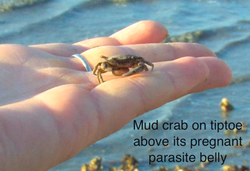
There is a clear issue with miscommunication between scientists and the public. This comes not just from what is said, but how it is said. This has been recognized as a key issue at the University of Georgia and I am on a committee working to enhance research communication. I am also collaborating with Principal Lecturer Catherine Madden from the University of Washington School of Drama to develop a program; Science and the Art of Communication. The goal of this program will be to train scientists to use acting techniques to communicate their science in a way that will engage their audiences. Catherine will provide the acting/directing/movement expertise, while I will be an active science translator. Much of the language of acting can be used in the context of science communication, and the combination of experience with this terminology and scientific terminology will aide in assimilation of the techniques.
The workshop was Alyssa’s idea because some of the ideas I offered her when she started to do science presentations were working well for her and she wished that more of her cohort had those tools. The scope has become broader in focus. As I talk to Ecologists, their need to be able to communicate what they are learning is very high. We need to understand more about how our everyday interactions affect our global home.
Ecology is the study of relationships between organisms and between organisms and their environment. Science and the Art of Communication could be considered, in a more focused way, the study of relationships between people and between people and their communication environments. In a few hours, we offer a systematic repeatable process comprised of research about presenter/scientists themselves, their audience, and the environment of the intended communication. From that we develop the individualized active approach that suits each scientific storyteller so they “feel like themselves. “ Once they have a structure for analysis, they can adapt it to each new iteration of their talk—each time building their own experience and deepening their understanding of the communication environment. The Alexander Technique, though not taught directly, is in the fabric of the design.
As it happened, we also saw Sting in concert at Centennial Park in Atlanta. I appreciated that his approach to performance “seconded” what Alyssa and I were talking about in scientific communication. It was an honor to teach with her and to offer ideas to this deeply committed group of scientists.
(More about Alyssa's work at http://gehmana.myweb.uga.edu/Site/About_Me.html )
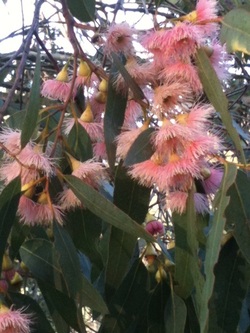
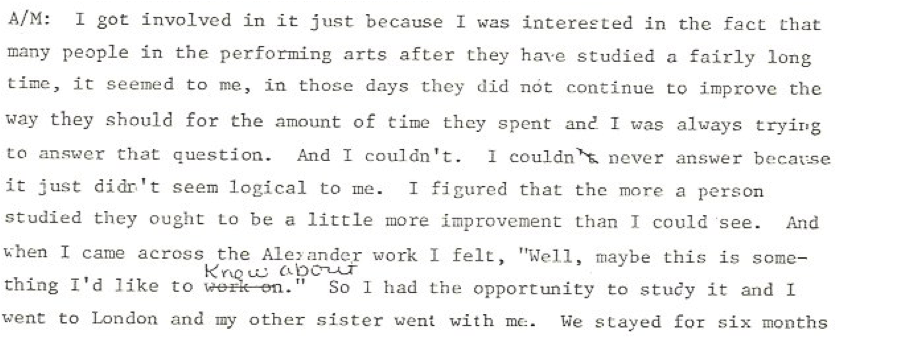
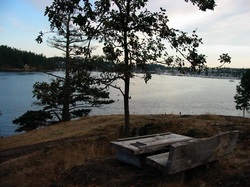

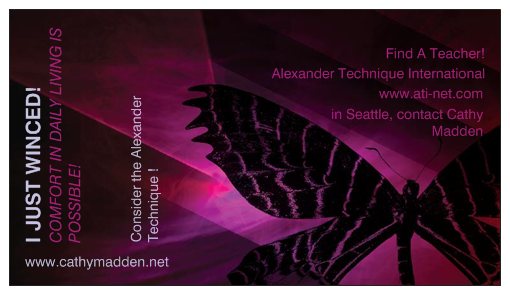
 RSS Feed
RSS Feed